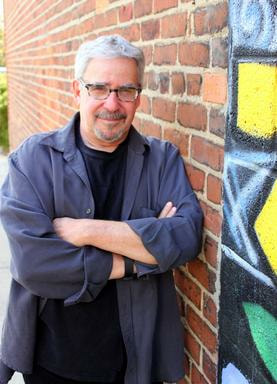 Donald Levin is an award-winning fiction writer and poet, and the author of the six-book Martin Pruess Mystery Series. He is also the author of The House of Grins (1992), a novel; and two books of poetry, In Praise of Old Photographs (2005) and New Year's Tangerine (2007). His poetry and fiction have appeared in numerous print and e-journals. The sixth book in the mystery series, Cold Dark Lies, is enjoying a launch event on May 11, 2019 in Hazel Park, Michigan. We recently had the pleasure to sit down with Donald and discuss his writing career. Here is an excerpt of that discussion. PP: What literary pilgrimages, if any, have you gone on? DL: I’ve visited many writers’ haunts, including Joyce’s Dublin, the Bronte parsonage in Haworth, Emily Dickinson’s Amherst, Jane Austen’s homes in Chawton and Bath, the Charles Dickens and Thomas Hardy homes in England, Virginia Woolf’s London, and New York City watering holes for famous writers. Without a doubt the one that most moved me most was the Bronte parsonage; I was tremendously touched by my visit to the home of the three great woman writers and seeing how they developed as artists totally isolated as they were in the distant, desolate home they shared with their stern father and ne’er-do-well brother. They persisted. PP: Do you want each book to stand on its own, or are you trying to build a body of work with connections between each book? DL: In my current series, I want each book to stand on its own while being part of a larger body of work with an overarching narrative arc. PP: How did publishing your first book change your process of writing? DL: Long before I published my first book, I had been a professional writer for over twenty years working on virtually every kind of communications project in health care, public health, business, advertising, and public relations. So my writing habits were well-established by the time I began publishing poetry and fiction. I already knew to approach writing with a serious, workman-like attitude. When I saw my first book published, it was more proof to me that writing depends on hard work and dedication much more than inspiration. PP: What did you edit out of your books? DL: Anything that doesn’t move the story along or contribute to the development and understanding of my characters. Also anything where the writing calls attention to itself. PP: What one thing would you give up to become a better writer? DL: At my age, I think I’ve already given up everything there was to give up! PP: What is your favorite childhood book? DL: I read voraciously as a boy. My two best places were the Sherwood Forest Library in Detroit and the library at my elementary school, Bagley School in Detroit. I had too many favorites to mention an individual book, but I remember loving reading the Tom Corbett series, Jules Verne, and H.G. Wells. PP: What is the most difficult part of your writing process? DL: What’s hardest for me are the issues that arise when considering the question of what I’m going to do with a piece of writing once I’ve finished with it. That means facing the big world of publication and (seemingly more often) rejection, where everybody’s a critic and nothing’s ever good enough. The joy for me is always in the writing itself, in entering into the lives and worlds of my characters, which may or may not be a reflection of the world we actually live in—where language and structure and movement are my sole preoccupations. I’ve found that thinking about what will happen to a book or poem after it’s done (Will anybody read it? Will anybody like it? Will anybody buy it?) totally kills my creative impulses... it ruins the joyful experience of writing and makes me not want to write. Which removes a significant source of pleasure from life. PP: What is the easiest part of your writing process? DL: Honestly, I love everything about writing, from the sheer neuromuscular act of forming words on paper (or typing them on a screen) through the crafting and recrafting of words, sentences, paragraphs, scenes, and chapters as a book unfolds itself to me as I write it, to holding it in my hand as a physical object when it’s published. So every part of it is pleasurable and therefore easy in its own way. PP: How long, on average, does it take you to write a book? DL: Nowadays it takes a year from conception to publication... typically three to finish the first draft, another seven months for revisions and rewrites, and a couple of months to bring the manuscript to publication. PP: A common misconception entwined with authors is that they are socially inept, how true is that? DL: The writers I’ve known tend to be introverts who live in their heads (read: imaginations) more than most people. That’s not social ineptitude, it’s having different priorities. I also know many writers who are outgoing and extremely social; I’m not one of those! PP: Who are your biggest literary influences? DL: Again, in my life I’ve read widely and deeply, and like most writers I’ve been influenced to some degree by everyone I’ve ever read. That said, my biggest poetic influences are Philip Levine and Amy Clampitt. The crime novelists who have most influenced me are Ross Macdonald, Henning Mankell, Don Winslow, and Maj Sjowall and Per Wahloo. PP: How did it feel when your first book got published? How did you celebrate? DL: I felt a sense of accomplishment; then I celebrated by setting to work on the next one. PP: Can you tell us about your current projects? DL: My latest project is the sixth novel in the Martin Preuss mystery series, Cold Dark Lies, just published and scheduled for its launch on May 11th. I have several more planned in the series, but I’m not sure whether that will be my next project or whether I will write a stand-alone book. PP: Any advice you would like to give to aspiring creators/artists? DL: For writers, I’d say: Read everything you can get your hands on, and read it the way writers read: By analyzing how the piece is put together, how it achieves its effects, how it moves, how the scenes open and close and move, how the sentences or lines flow, what the word choice is... look at everything. Read good stuff and bad stuff and figure out what distinguishes them. Read stuff you like and stuff you hate, and figure out why you like what you like, and why you hate what you hate. If you’re going to be a writer, you’re going to join a literary conversation that’s been going on for hundreds of years; you need to know what’s been said so you can join it intelligently. And then write. Don’t think about how nice it would be to write, don’t plan to write someday, don’t tell yourself you’d write if you weren’t so busy—just write. Make time in your days, however filled or busy they are. Try to remember that we’re all terrible when we start out; the people who get better are the ones who stick with it. 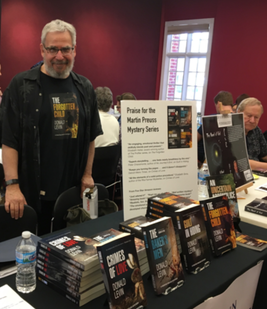 Visit Donald Levin and Learn More About His Books at These Upcoming Events: May 4, 2019: The Plymouth Library Book Fair, Plymouth, MI April 20, 2019: The Carpathia Club Easter Festival, Sterling Heights, MI May 11, 2019: Cold Dark Lies book launch at the Color & Ink Studio in Hazel Park, MI May 18, 2019: Rochester Heritage Days, Rochester, MI June 22, 2019: The Page Promotions Summer Indie Author Book Fest at the Hilton Garden Inn, Troy, MI July 13, 2019: Fenton’s Open Book bookstore at the Fenton Art Walk, Fenton, MI July 27, 2019: Sterlingfest in Sterling Heights, MI
2 Comments
Leave a Reply. |
WelcomeYou'll find some interesting stuff here... some Op Eds, some Information, Book Reviews, and More. Poke around the categories and see what ruffles your feathers... in a good way! Archives
July 2024
Categories
All
|
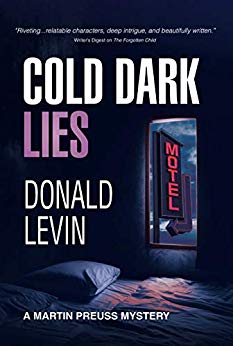
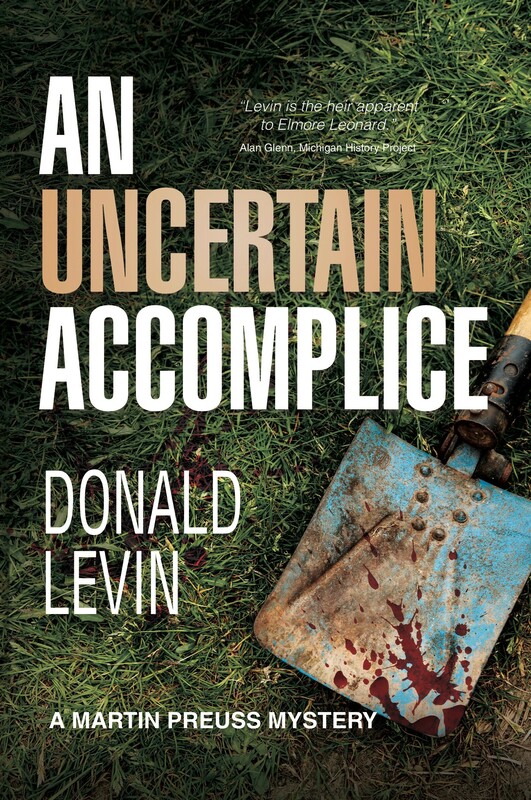
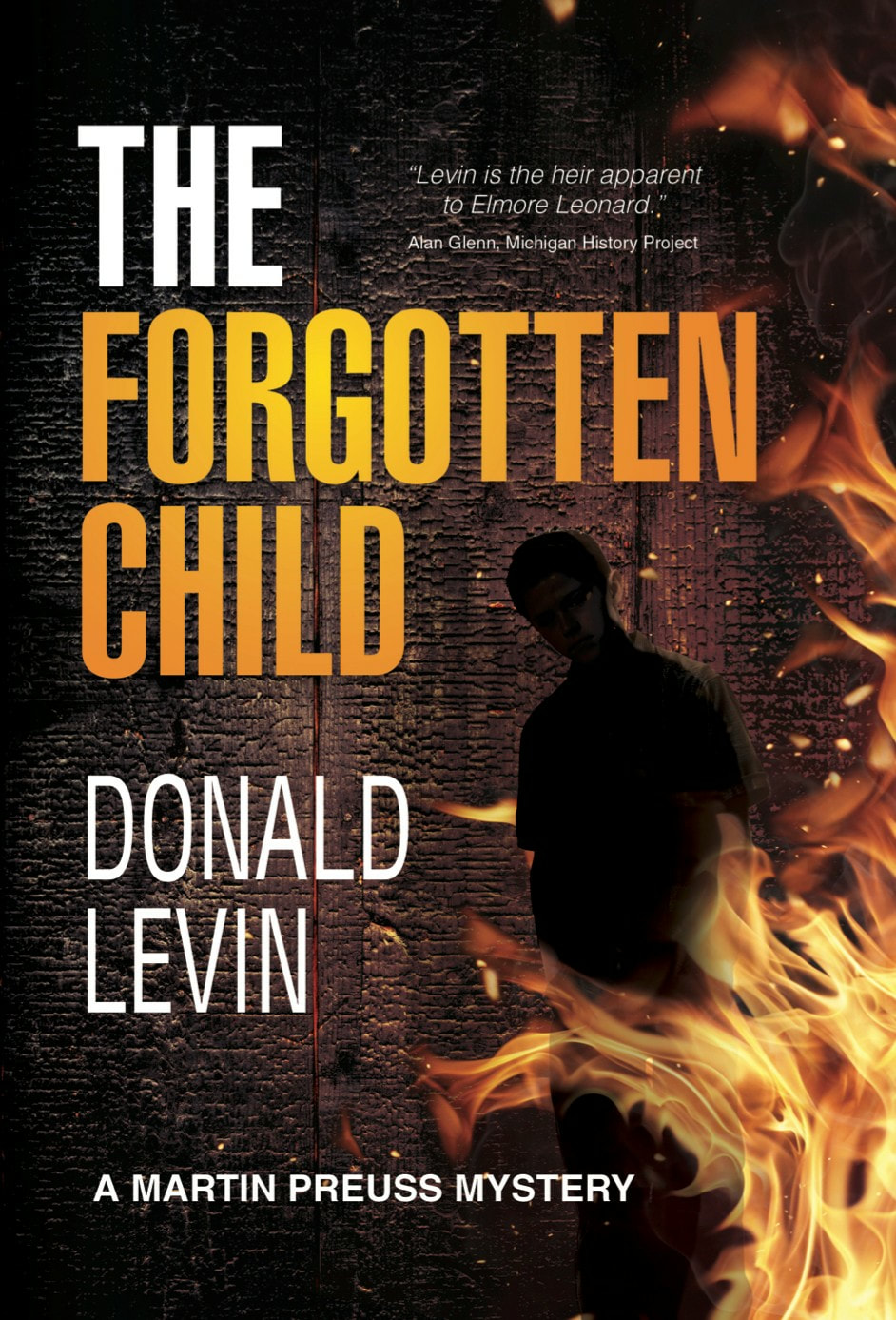
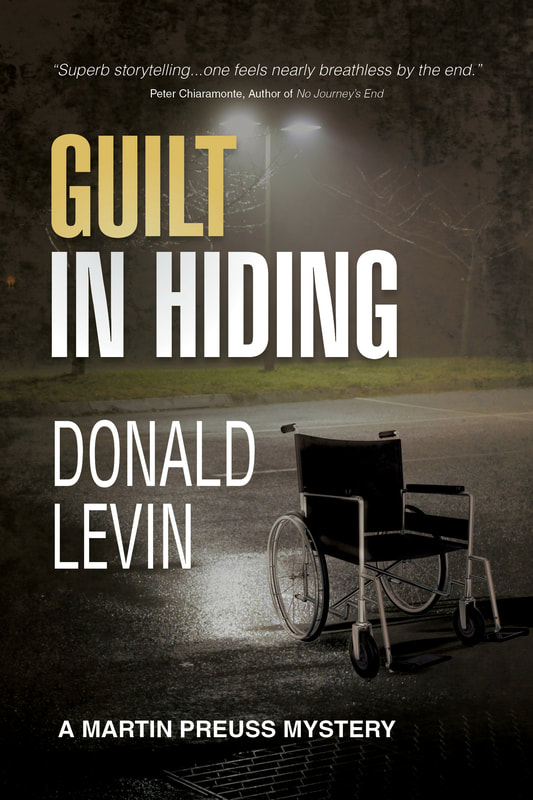
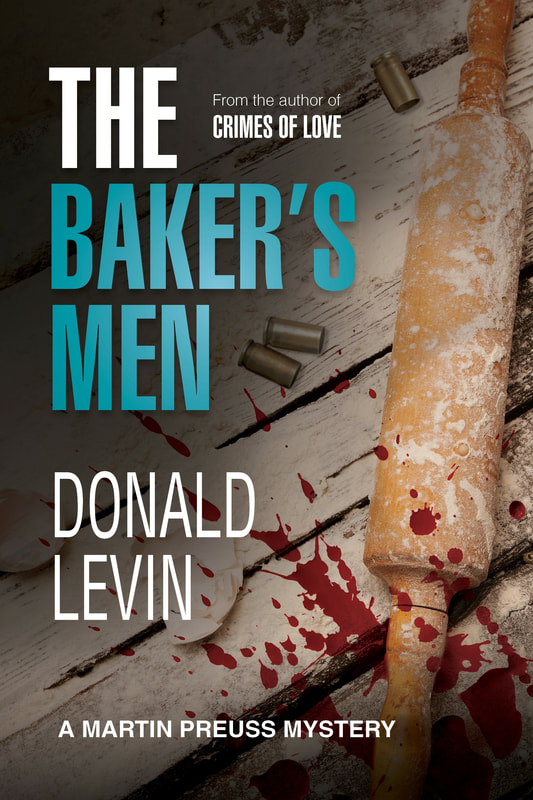
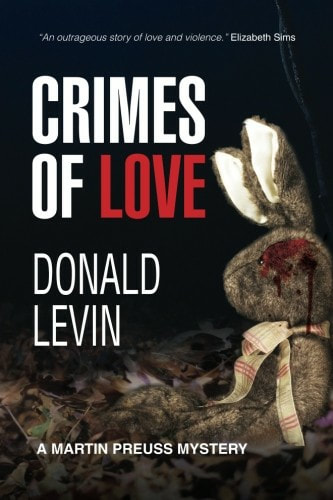
 RSS Feed
RSS Feed